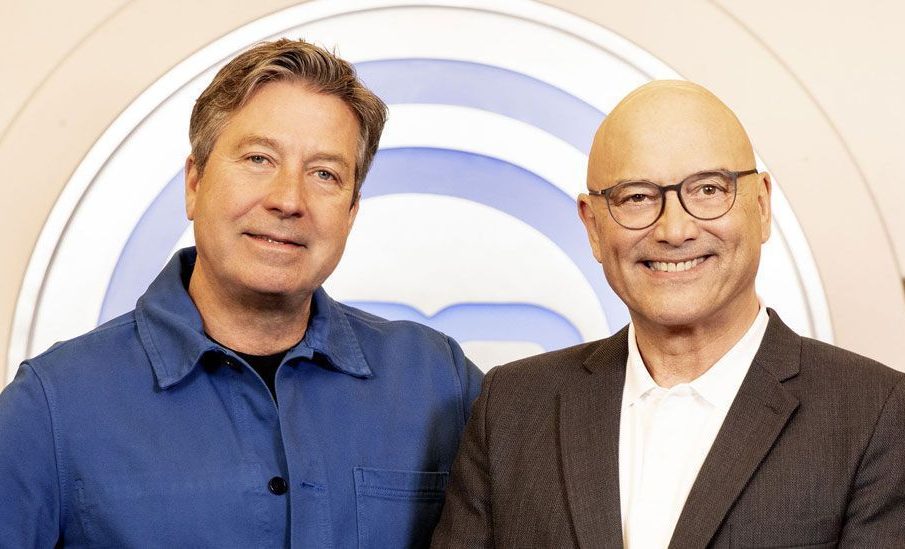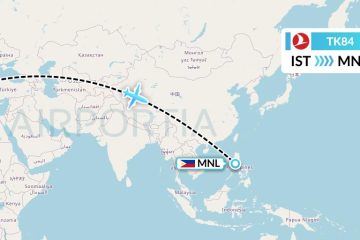Why Are Some MasterChef Contestants Edited Out?

The Importance of Editing in Reality Television
Editing plays a crucial role in shaping the narrative of reality television shows, including MasterChef. This manipulation can determine how viewers perceive contestants and can significantly impact their journey on the programme. Recently, discussions have emerged regarding specific contestants being edited out of episodes, raising questions about fairness and representation in this popular cooking competition.
Recent Developments
In the latest series of MasterChef, several contestants experienced significant edits, leading to limited airtime and reduced character development. For instance, contestants who were eliminated early often receive brief mentions or minimal screen time, while those who progress further tend to dominate the narrative. This editing choice is essential, as it allows producers to focus on the more compelling stories and conflicts that typically arise later in the competition.
However, the editing out of certain participants has sparked criticism among fans and former contestants alike. Some argue that it undermines the competition’s integrity and fails to represent the diverse talents and backgrounds of all participants. Social media platforms have been filled with comments from viewers expressing disappointment over not seeing their favourite contestants fully showcased.
The Impact of Editing Choices
The decision to edit out specific contestants can create a skewed perception of the competition. Audiences may develop a one-sided view based solely on what is presented on screen, leading to an assumption that the edited-out contestants were less competent or interesting. Reality television thrives on drama and narrative arcs, which are primarily constructed through meticulous editing.
The impact extends beyond the show itself, as edited-out contestants often struggle with their public perception post-show, affecting their opportunities in both culinary careers and personal branding. Many aspiring chefs rely on increased visibility from such competitions to enhance their careers, and being edited out can hinder that potential.
Future Considerations
As viewers continue to engage with MasterChef, the debate around the editing process will likely persist. The producers may need to consider the implications of their editing choices on contestants’ reputations and emotional well-being. Transparency regarding the editing process may also be beneficial, allowing audiences to appreciate the complexity involved in television storytelling.
In conclusion, while editing is an essential element of reality television, the choice to edit out contestants in MasterChef raises significant questions about fairness and representation. Moving forward, it will be interesting to see how the show addresses these concerns and whether the editing process evolves to ensure no talent is left unseen.









